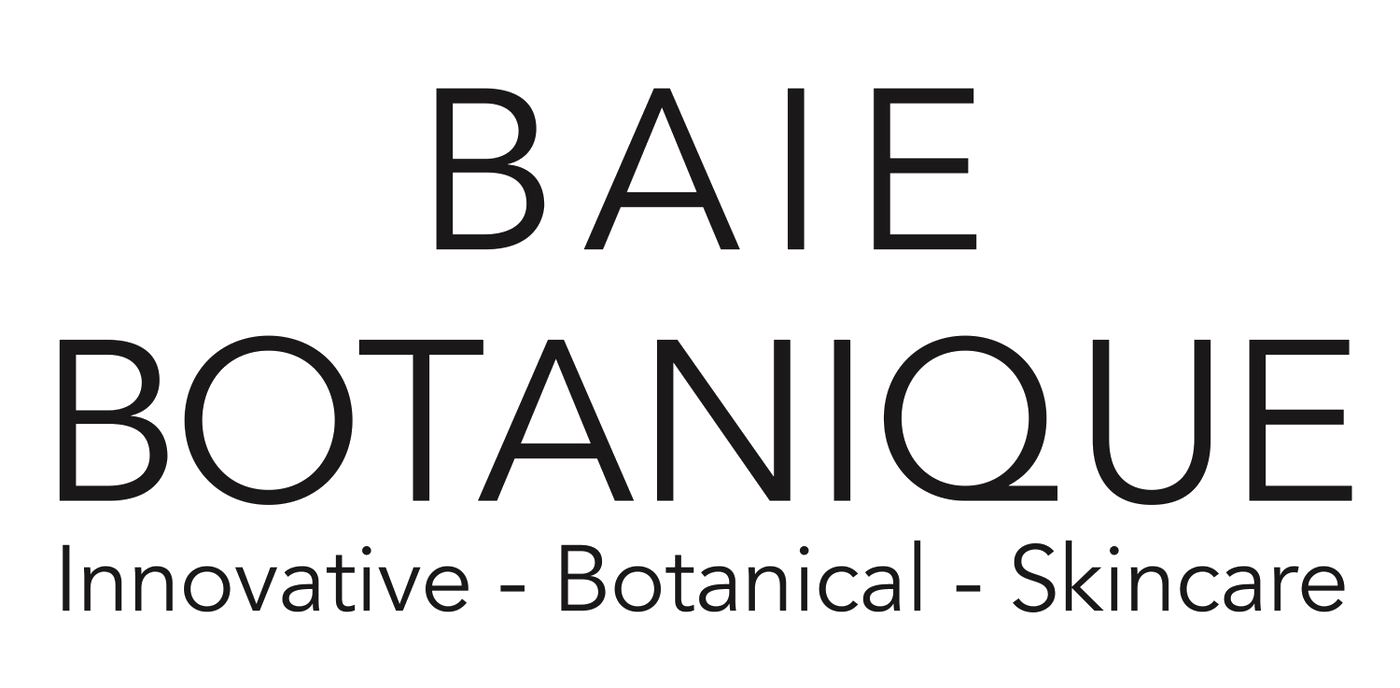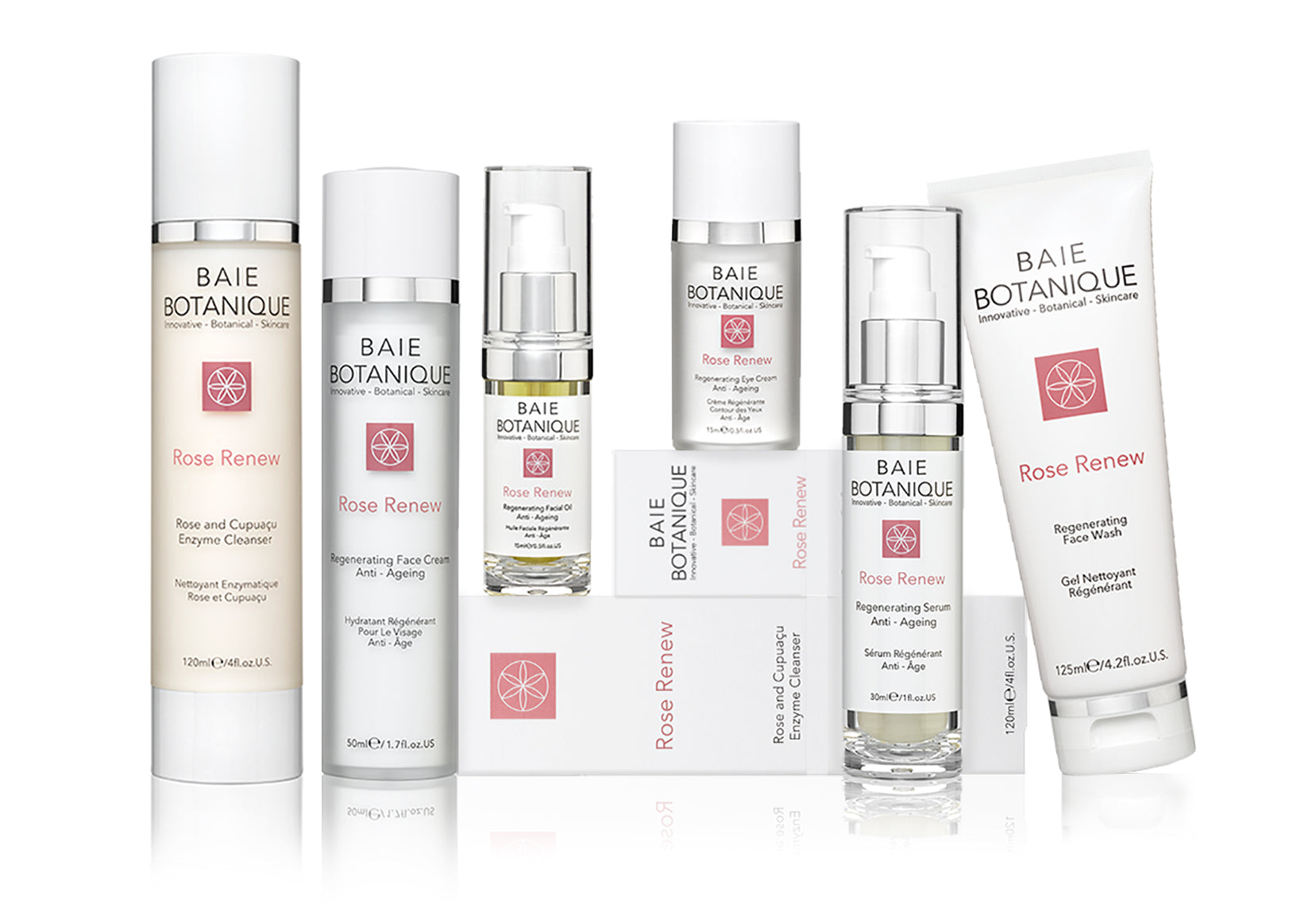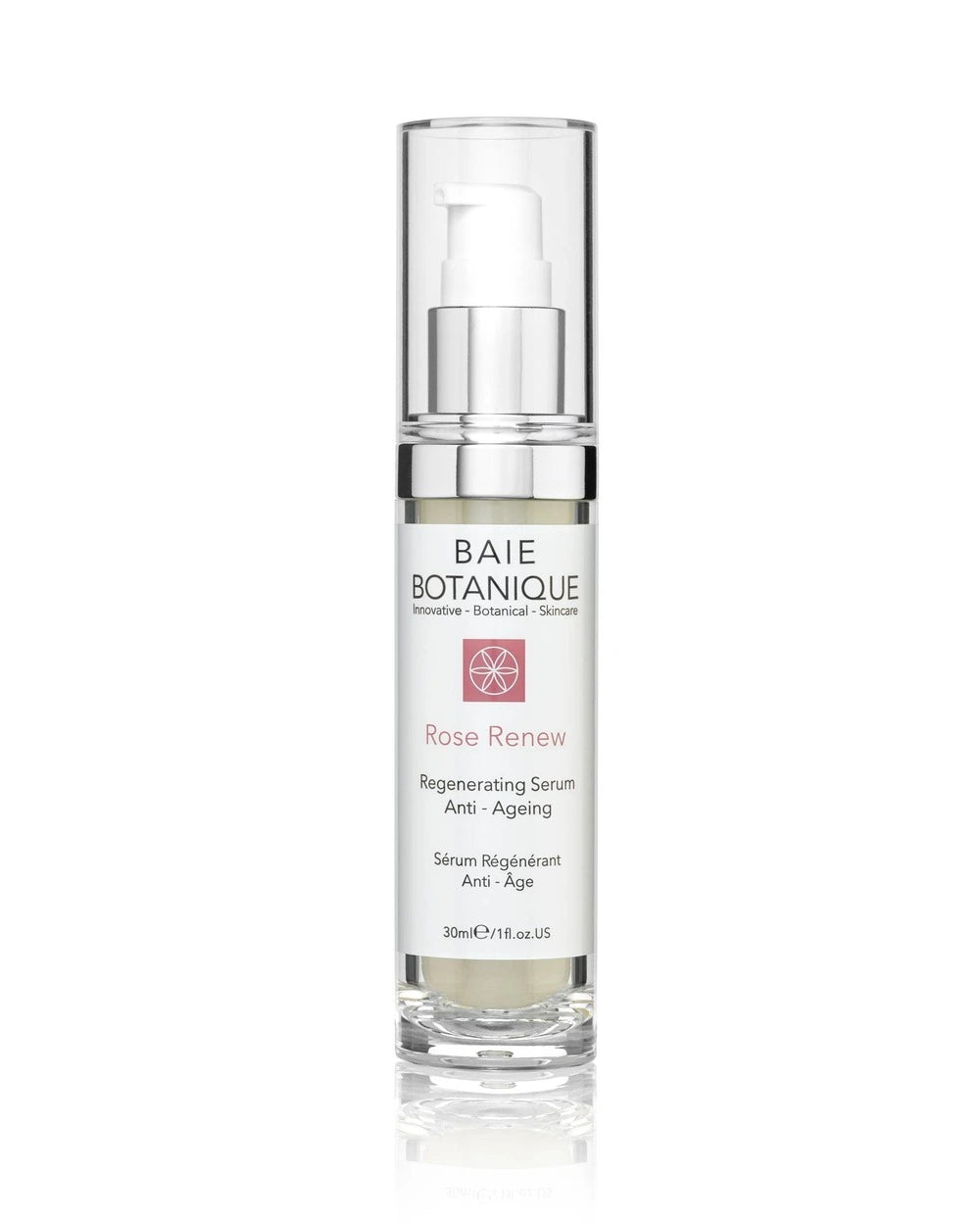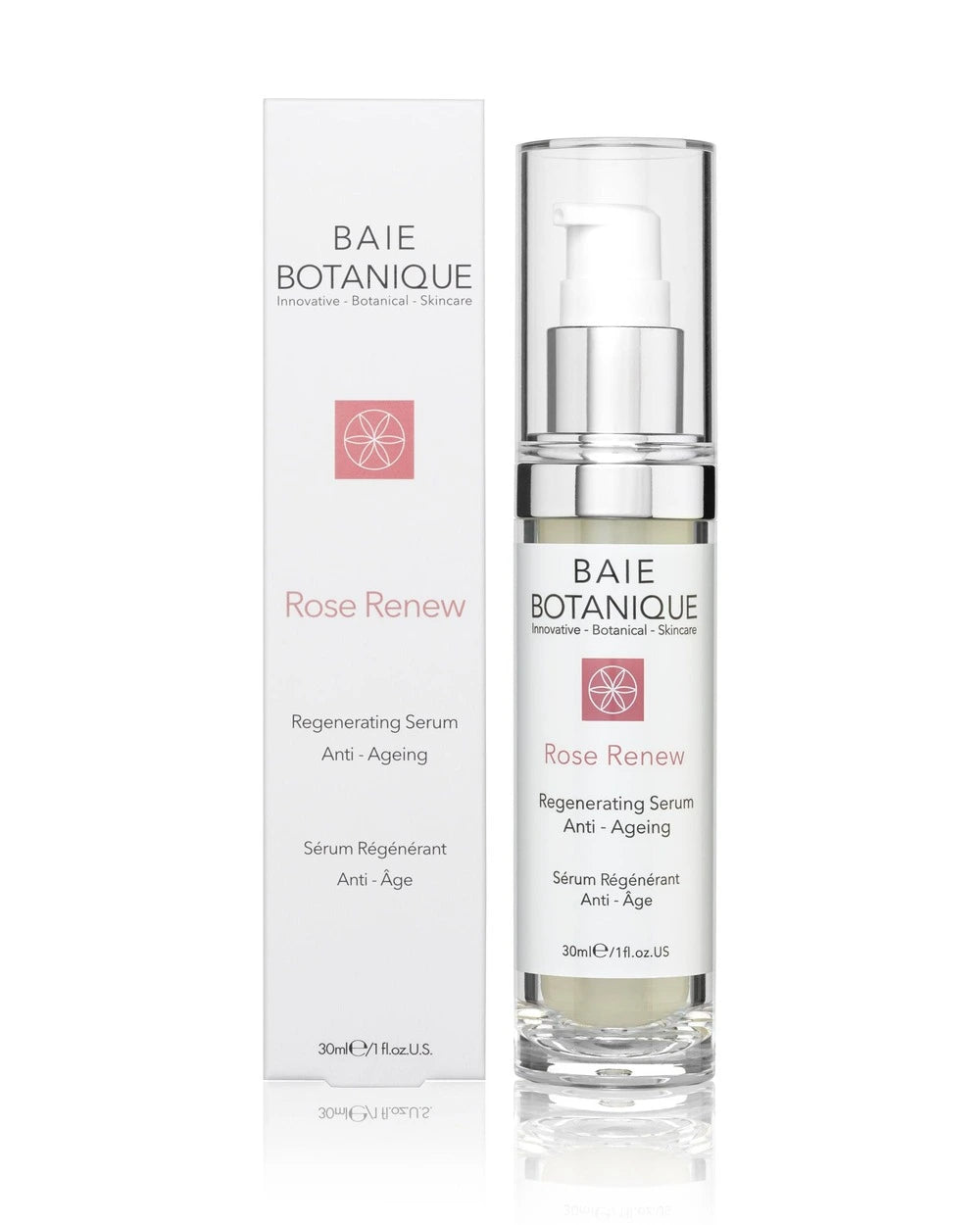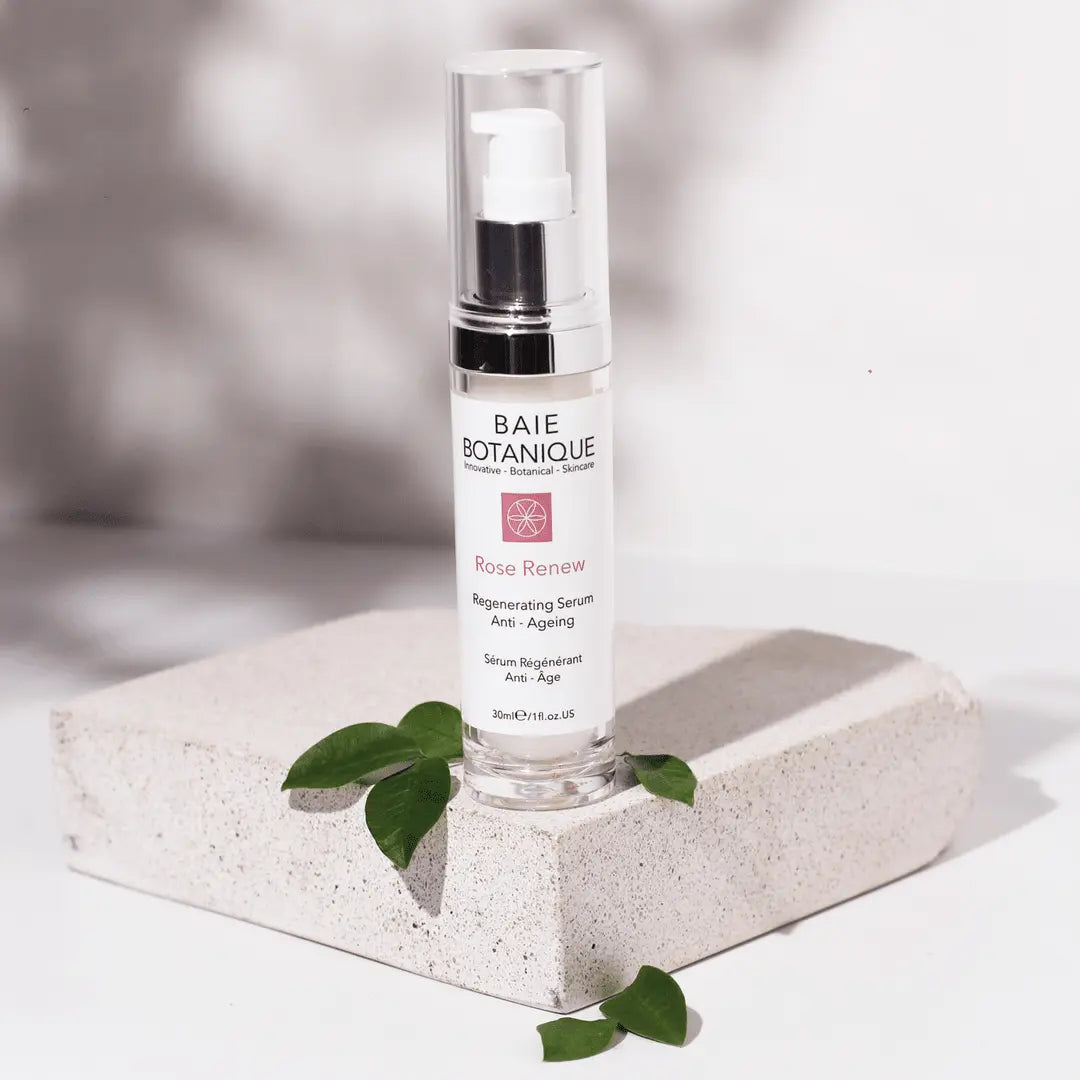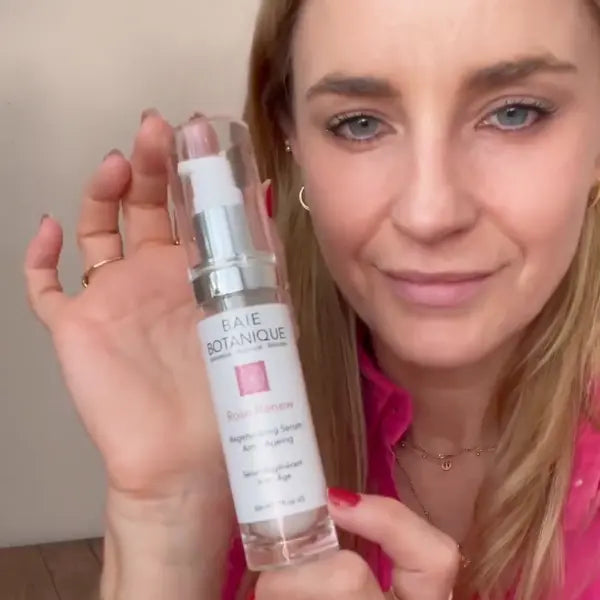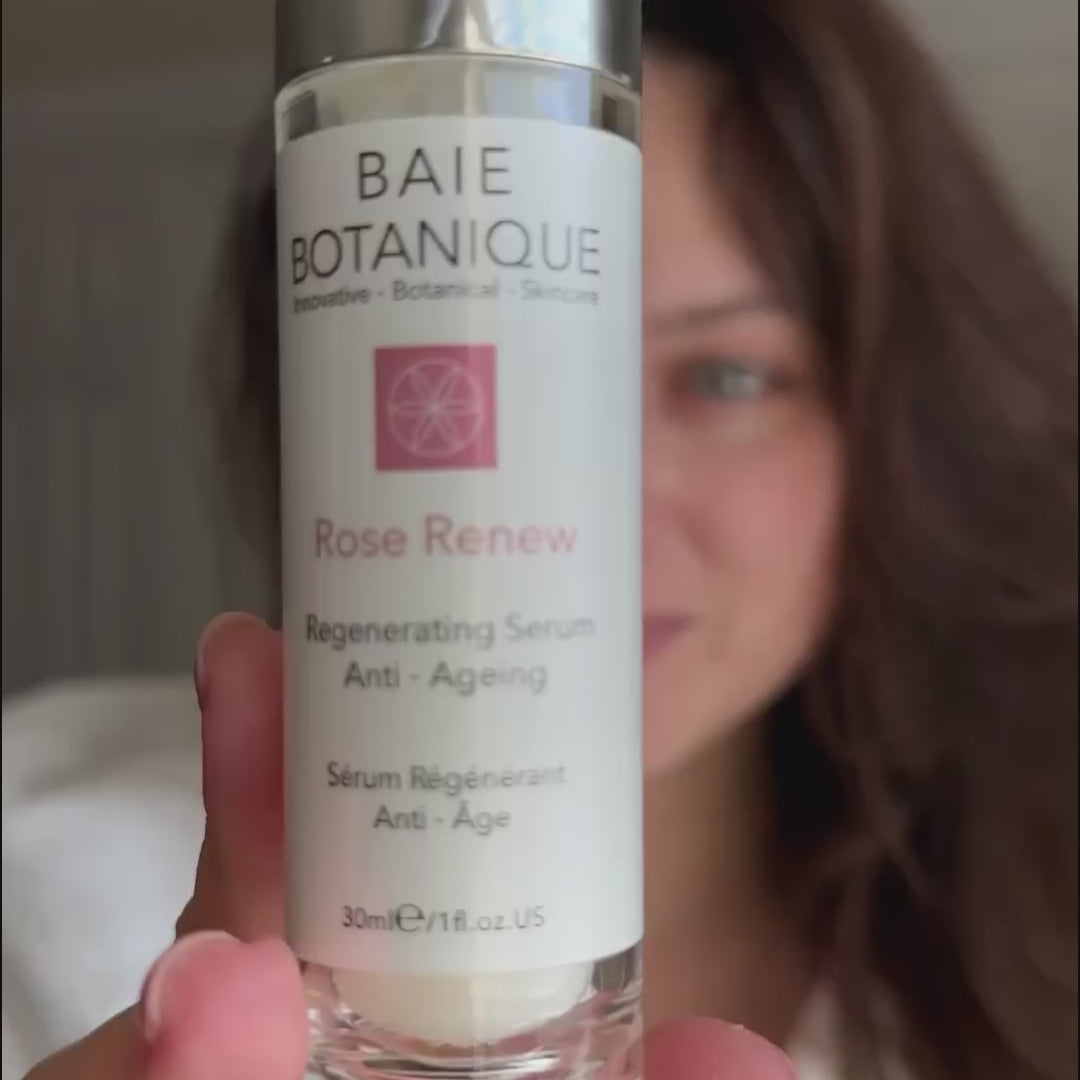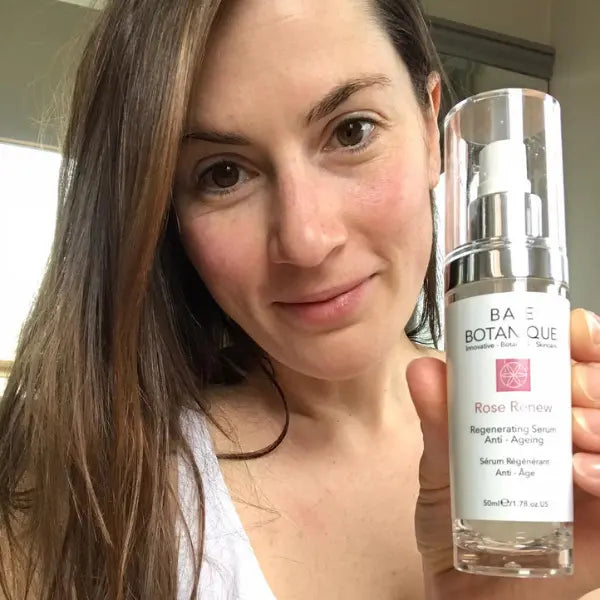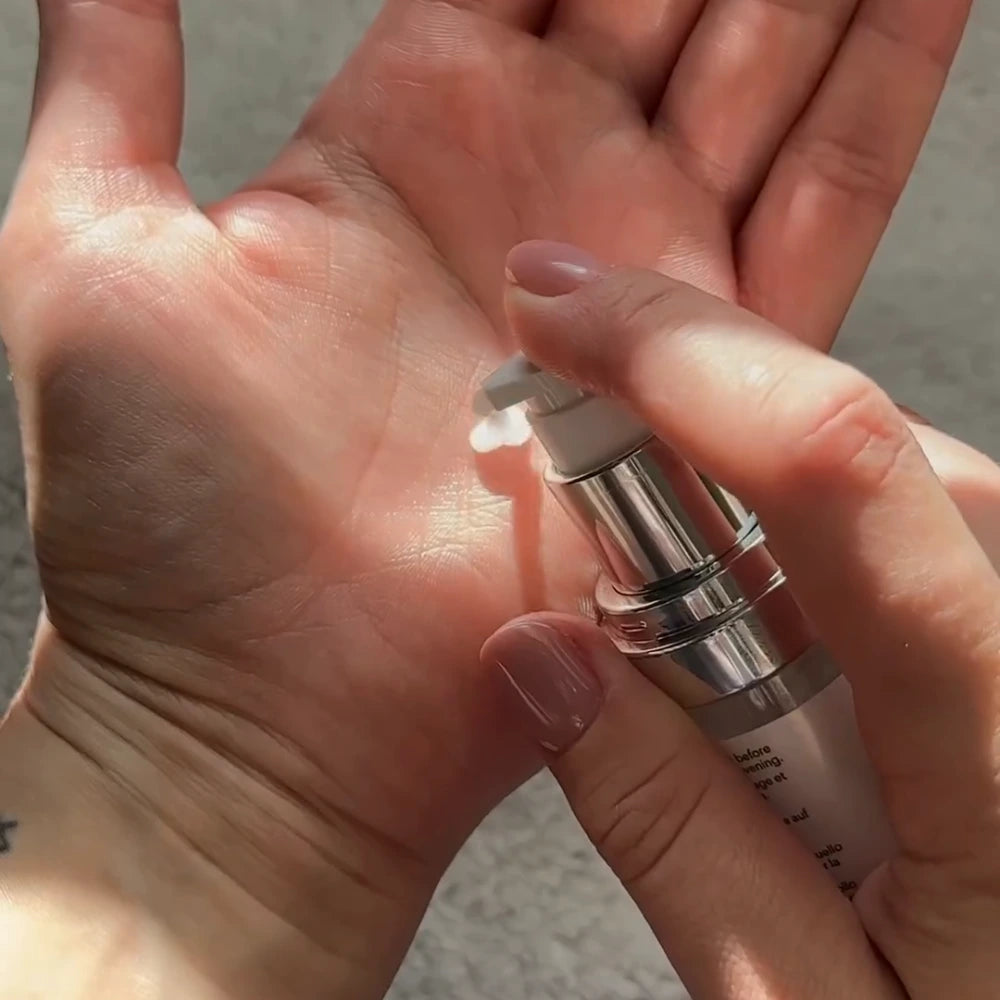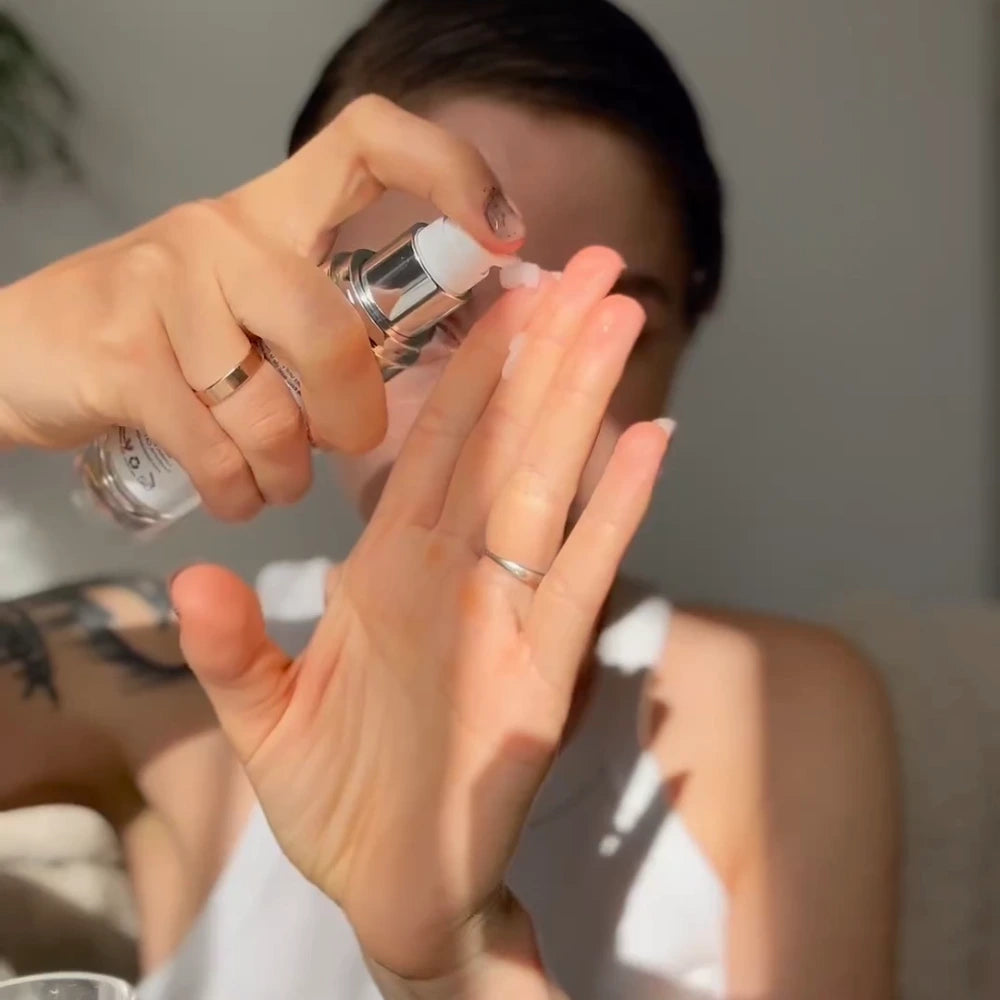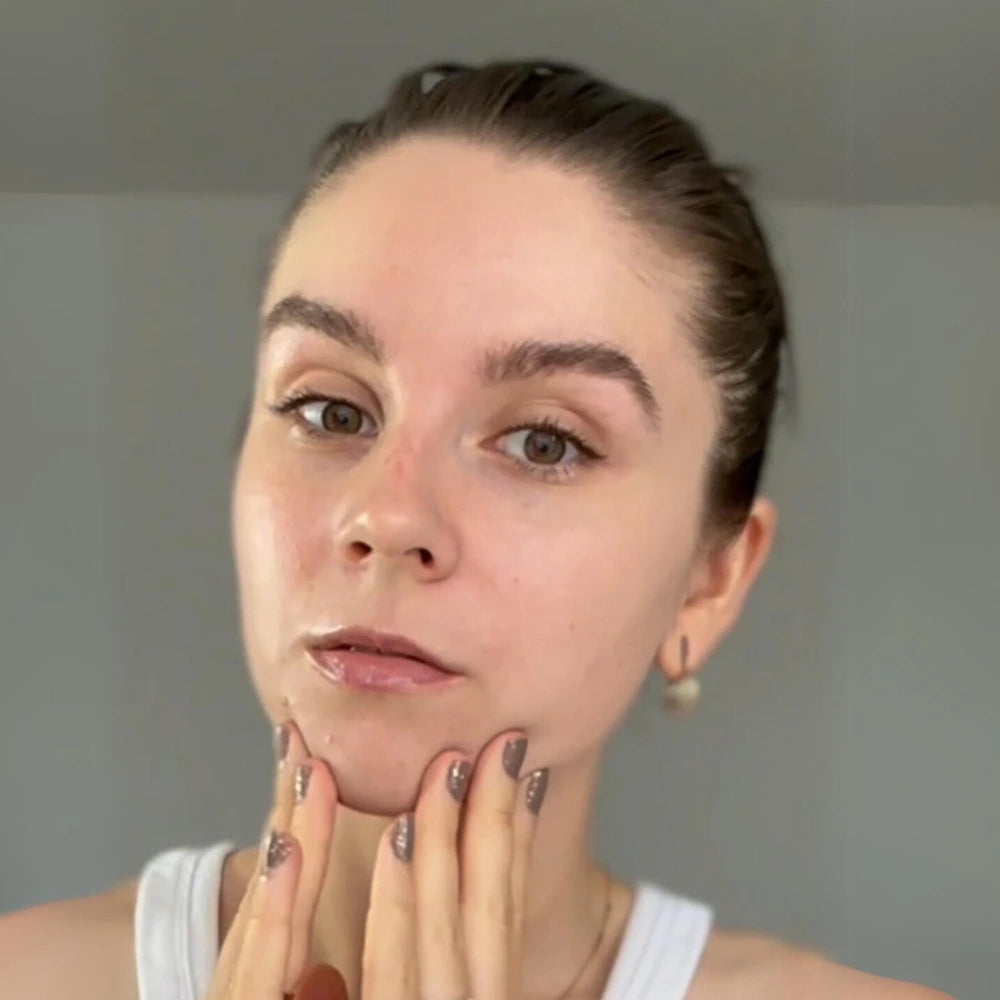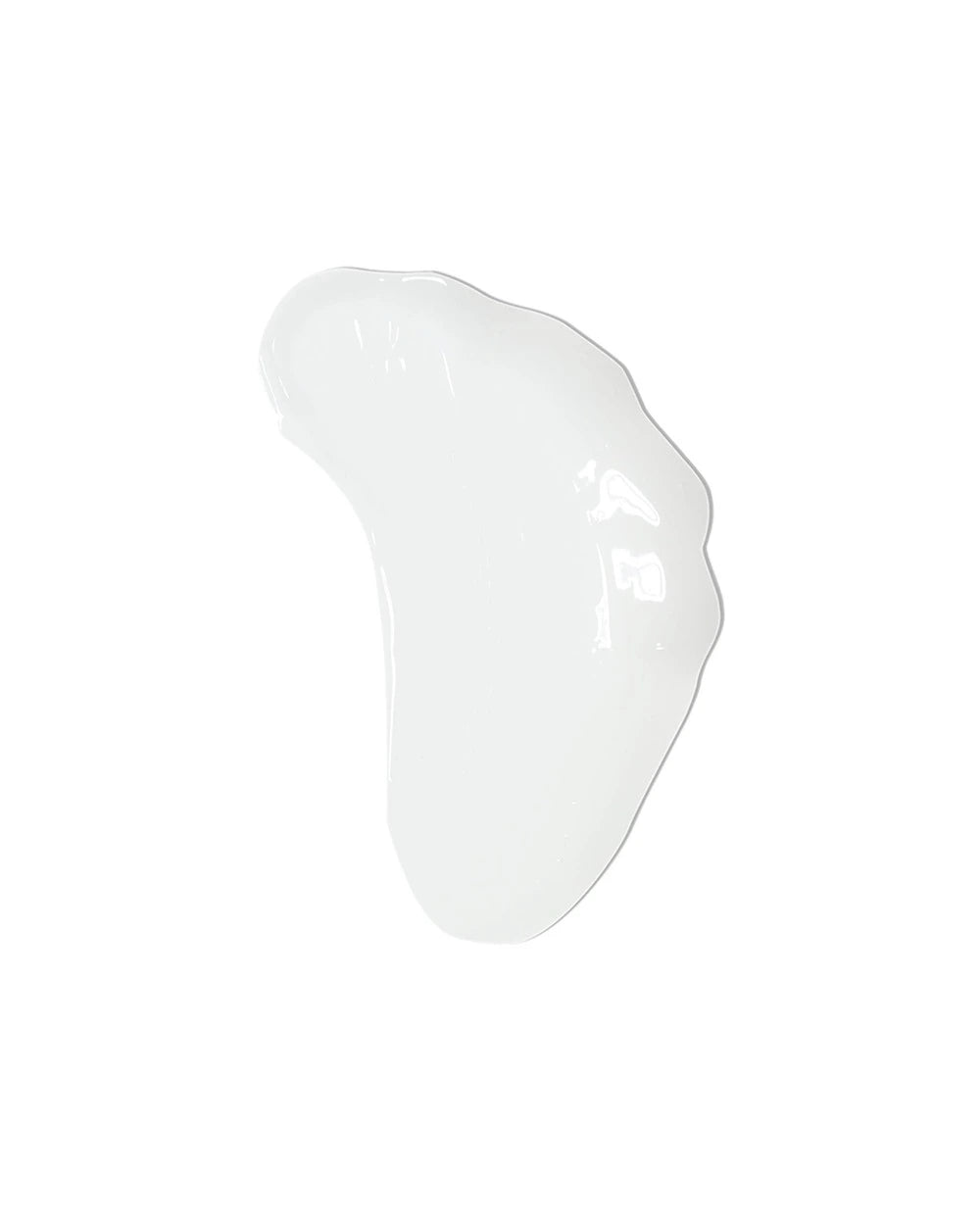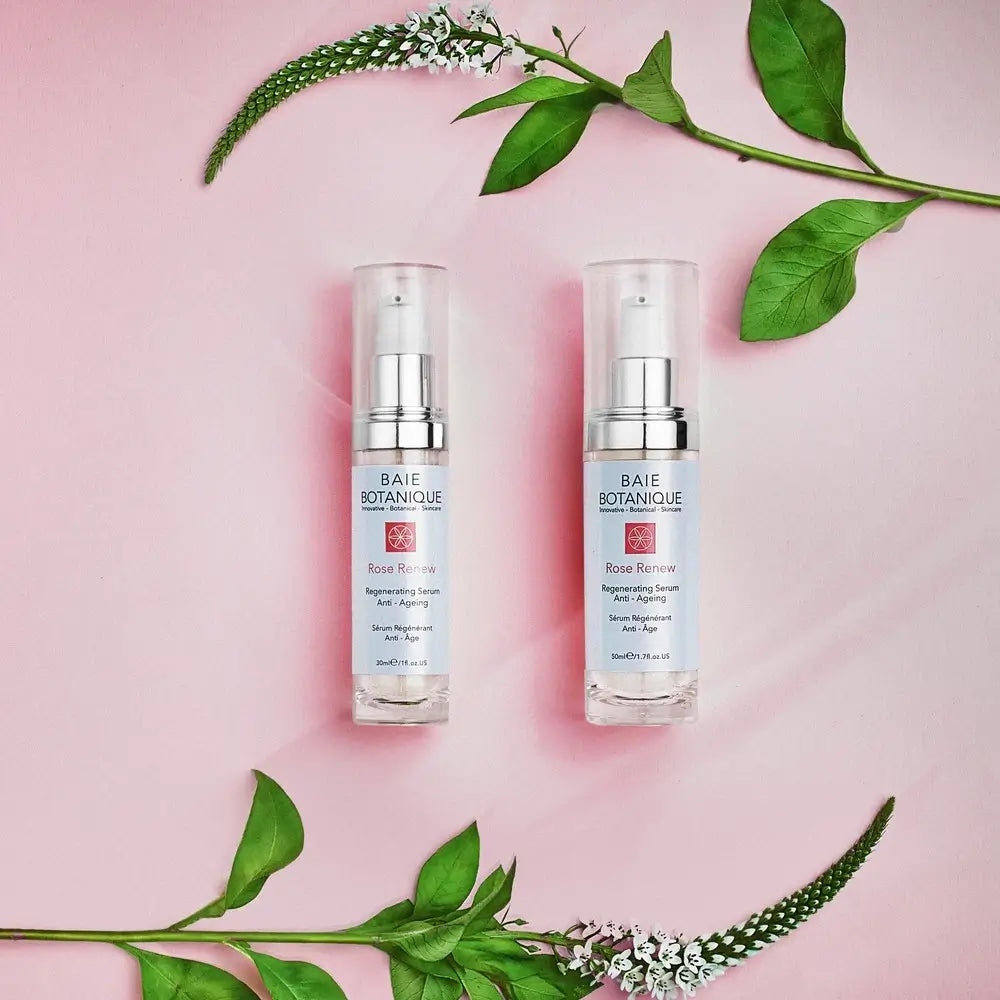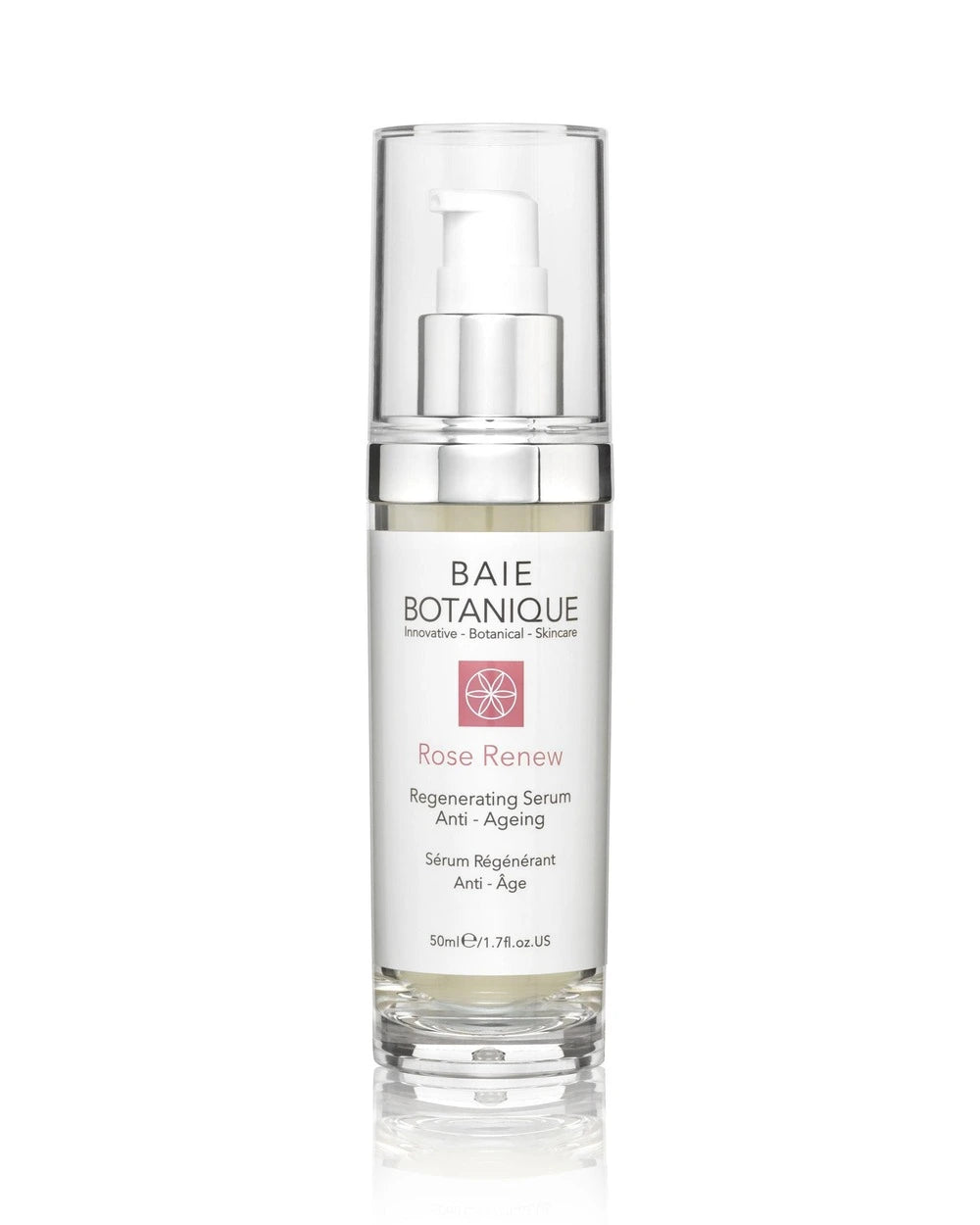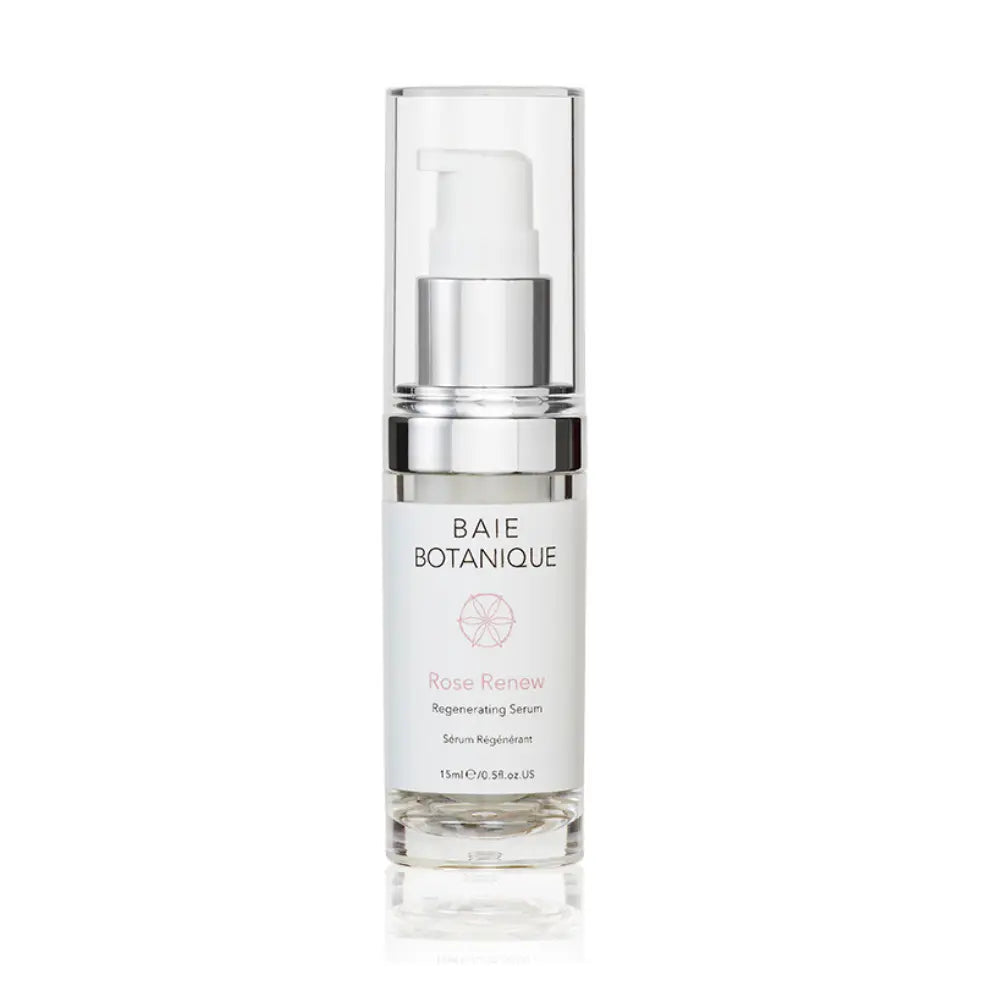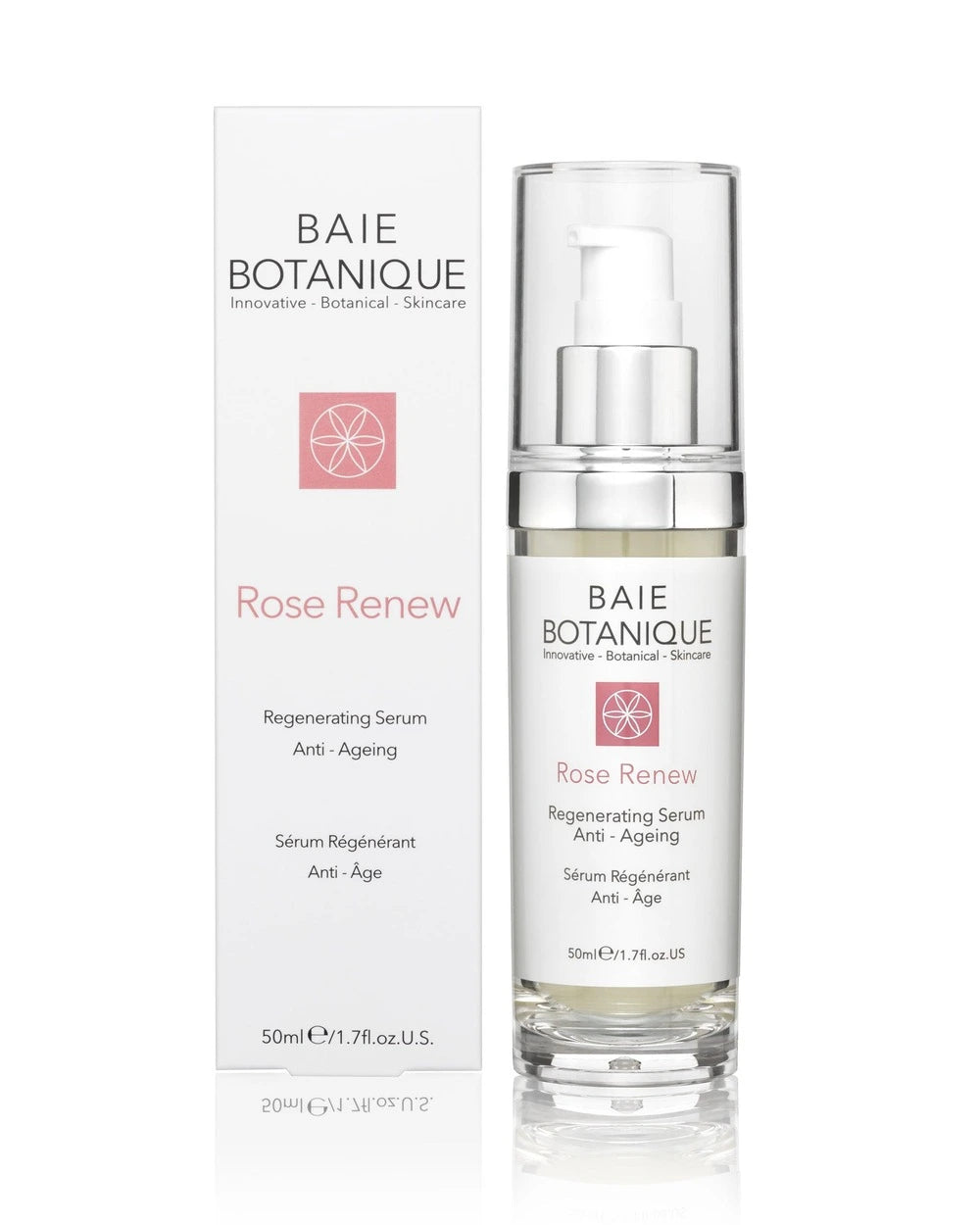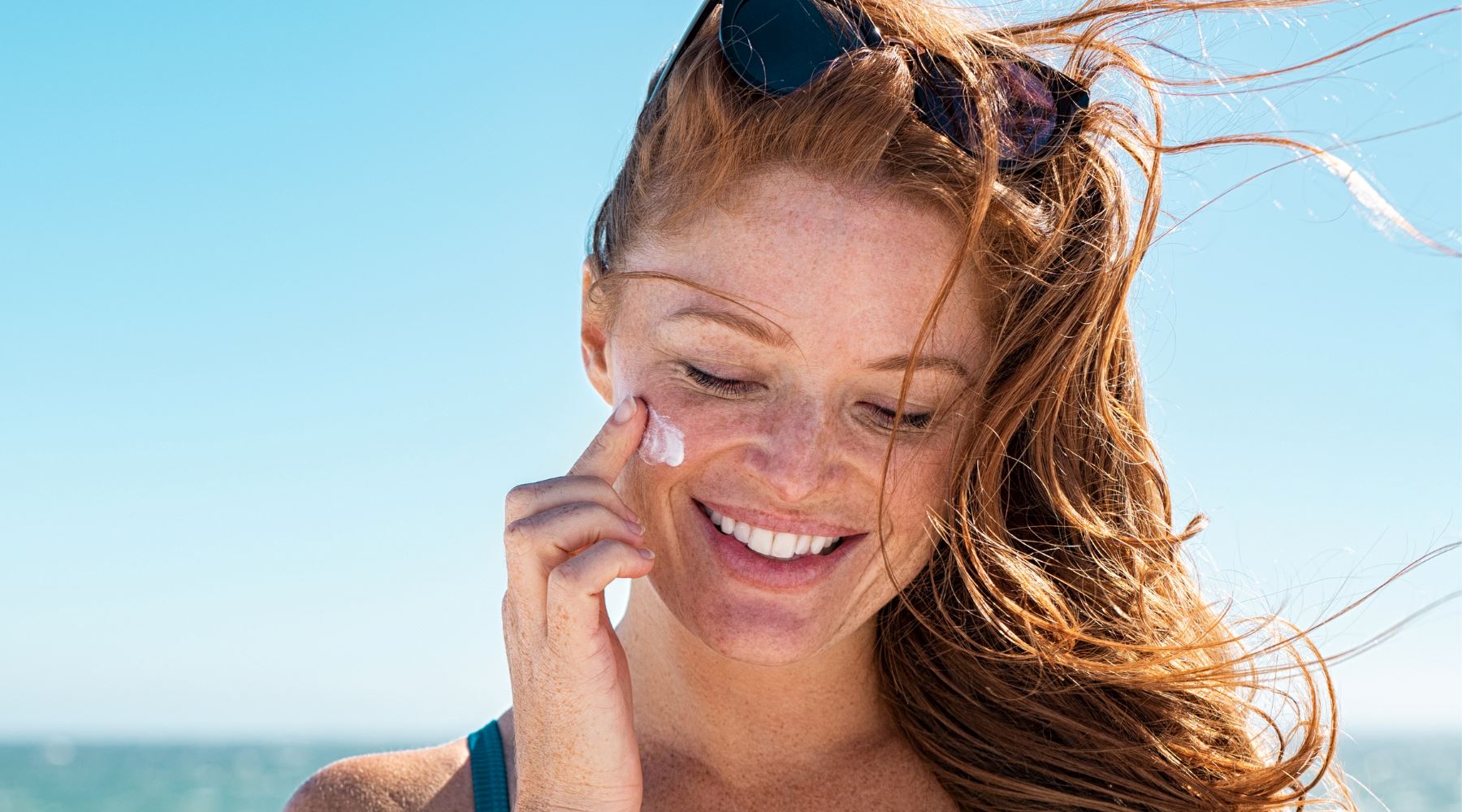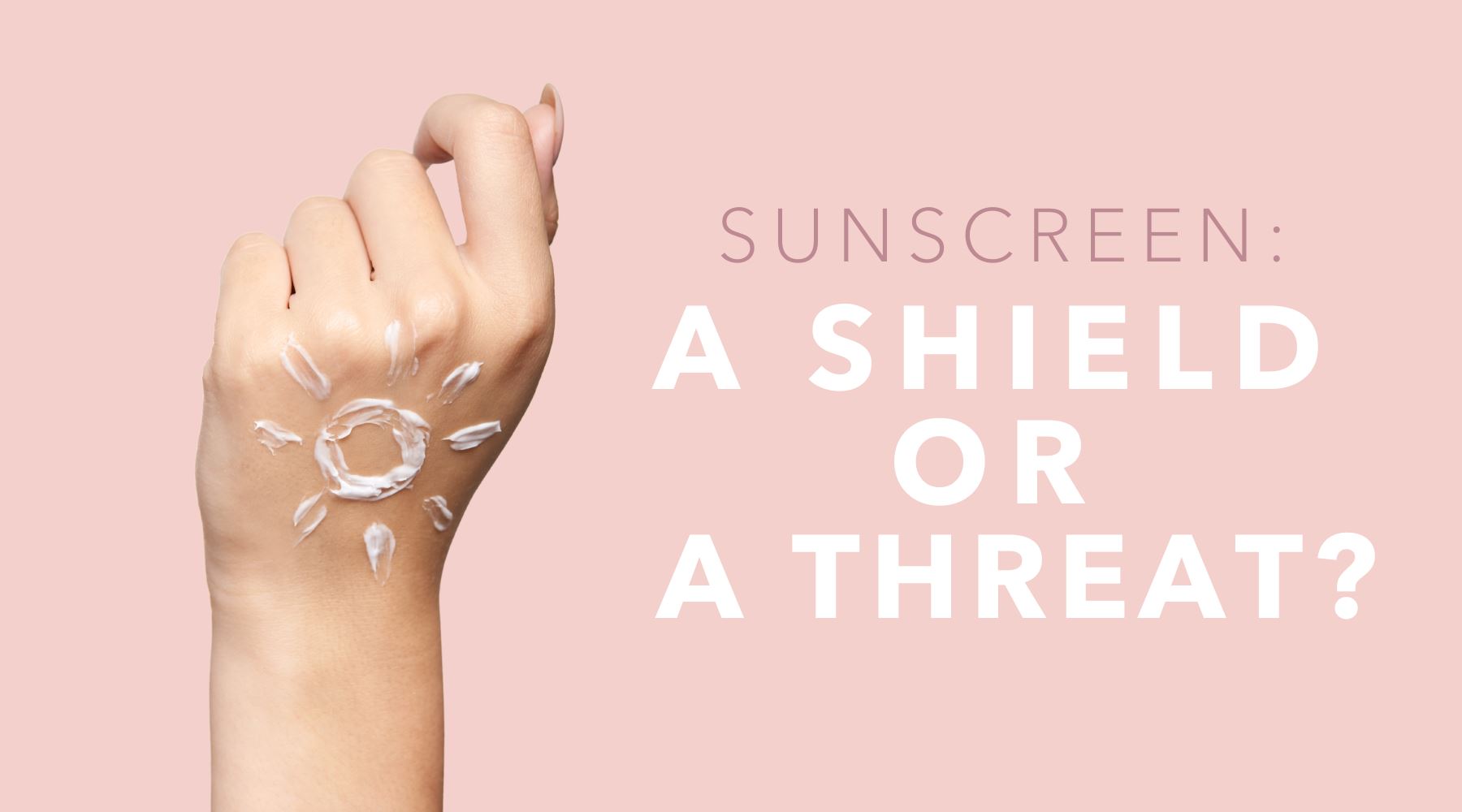
Chemical Sunscreen vs. Mineral Sunscreen: What’s the Difference? - Sun Protection - Baie Botanique Soleil
You're likely familiar with the importance of sunscreen in your skincare routine. It serves as a crucial defense against the harmful rays of the sun, protecting you from issues like fine lines, wrinkles, premature ageing, and most importantly skin cancer.
When it comes to selecting a sunscreen, you face a few decisions. Firstly, do you opt for a mineral or chemical sunscreen? Are you aware of the difference between these sunscreens?
It’s advisable to pick products that are in line with your lifestyle, age, and skin sensitivities to ensure that your suncare protection is the right choice for you.
Right now you might be asking this question, “Does it even matter?” Well, it certainly does if you care about your health.
The primary distinction between these sunscreen types lies in how they shield you from the sun's rays. Mineral sunscreens create a protective barrier on your skin's surface, acting as a shield. In contrast, chemical sunscreens are absorbed into your skin and function more like a sponge. Each type has its pros and cons, which we'll talk through shortly. The importance of sunscreen itself is non-negotiable, but we're here to provide you with all the information you need to make the best choice for your sun protection requirements.

Mineral Sunscreens
Mineral Sunscreens, sometimes referred to as physical sunscreens or sunblocks, work by establishing a tangible shield on the skin’s surface, providing protection against the sun’s rays. These sunscreens offer comprehensive sun defense by reflecting UVA & UVB rays away from the skin's surface. Mineral sunscreens can also protect your skin against UVA-related skin problems such as collagen breakdown, wrinkles, discoloration, or hyperpigmentation. This is one of the reasons why daily use of sunscreen is important even when you have no plans of going outdoors.
Pros
- Gentle on the skin
- Generally regarded as safe
- Works by reflecting UV Rays
Cons
- Can leave a white cast
Mineral Sunscreens have a reputation for leaving a white cast on the skin, which can be more noticeable, especially for individuals with deeper skin tones.
However, modern formulas have come far in recent years in terms of minimising this. There are also many mineral formulas containing a tint to neutralise any white cast.
Check out our Baie Botanique Soleil Sunscreens. Formulated with Uncoated Non-Nano Zinc Oxide our clean formulation leaves no white cast, is non-comedogenic, dermatologist tested, and will not sting your eyes.
Developed to be the purest and most natural, luxurious organic sunscreen. Baie Soleil provides maximum protection from the sun whilst nourishing your skin and protecting the marine environment. Our youth-boosting Facial Sunscreen comes with a concentrated dose of Vitamin C and Hyaluronic Acid and is available in tinted and non-tinted versions.

Chemical Sunscreens
Mineral Sunscreens, sometimes referred to as physical sunscreens or sunblocks, work by establishing a tangible shield on the skin’s surface, providing protection against the sun’s rays. These sunscreens offer comprehensive sun defense by reflecting UVA & UVB rays away from the skin's surface. Mineral sunscreens can also protect your skin against UVA-related skin problems such as collagen breakdown, wrinkles, discoloration, or hyperpigmentation. This is one of the reasons why daily use of sunscreen is important even when you have no plans of going outdoors.
Chemical Sunscreens take a different form of approach; they don’t create a protective barrier on the skin. Instead, chemical sunscreens contain active ingredients designed to absorb UV rays on the skin's surface in order to do that these ingredients must be absorbed into your skin. UV rays being absorbed by the chemical sunscreen causes a chemical reaction to occur on your skin.
Below are some of the more questionable ingredients found in chemical sunscreens:
- Oxybenzone
- Avobenzone
- Octisalate
- Homosalate
- Octinoxate
- Octocrylene
Pros
- Chemical sunscreens have clear or gel-like consistency and don't leave a white-cast on the skin.
- They may feel like you are simply using body lotion or face cream.
Cons
- Chemical sunscreens have clear or gel-like consistency and don't leave a white-cast on the skin.
- Chemical sunscreens may be slightly less effective than mineral sunscreens: Some dermatologists consider chemical sunscreens to be slightly less effective than mineral formulas because they work by absorbing the sun rays instead of blocking them. If you opt for chemical sunscreens, ensure you choose a broad spectrum formula with an SPF of 30 or higher to maximise its effectiveness.
- They are absorbed into the skin, and many of these ingredients have been proven to end up in the bloodstream also.
- Some people can experience a reaction when using chemical sunscreens.
- Some chemical sun filters have been reported to disrupt the hormonal and edocrine system and in addition harm reef life such as in Hawaii where some have been banned.
- The FDA sunscreen safety review, published 24/09/2021 identified the 12 UV Filters below as potentially toxic and/or carcinogenic: OCTINOXATE, OXYBENZONE, AVOBENZONE, HOMOSALATE, OCTISALATE, ENSULIZOLE, OCTOCRYLENE, MERADIMATE, PADIMATE O, SULISOBENZONE, DIOXYBENZONE, CINOXATE
Organic and Inorganic Compounds found in Sunscreens
Differentiating between organic and inorganic compounds or molecules found in sunscreens in the form of Sun (UV) filters is far from what it seems, but fret not; we are here to help you understand the difference, ensuring you choose what’s best for your skin and lifestyle.
Natural sunscreens are synonymous with Mineral UV filters and incorporate minerals like zinc or titanium, which are naturally occurring substances. In Natural sunscreen these sun filters are typically combined with organic ingredients sourced from plants, such as botanical oils and plant extracts to enrich the product.
Here is where it gets a bit confusing if you look up a synthetic sun (UV) filter by name take Avenobenzone for example searching on the internet you’ll see it will show up as “an organic molecule or compound” however this is still most definitely a chemical/synthetic ingredient manufactured in a lab and not from nature.
Conversely, a natural sun filter, such as zinc oxide will come up on a search online as an “inorganic compound’ making it sound like it might not be natural or naturally occurring which in fact it is.
It is essential to be as informed as possible when selecting your sunscreen especially if you are looking to avoid synthetic ingredients.
It is advisable to pick products that are in line with your lifestyle, age, and skin sensitivities to ensure that your suncare protection is the right choice for you.
The Bottom Line
Ultimately you need to weigh up what's more important to you; Healthy ingredients or feeling like you don't have sunscreen on. When it comes to sunscreen, there are choices to consider. Both physical and chemical sunscreens have their own advantages and disadvantages. Yet in most cases, mineral sunscreens are generally considered the preferable and healthier option.
Regardless of your choice, it’s crucial not to skip sunscreen. Using sunscreen is the most effective way to reduce the risk of sun-related skin damage. If you’re in search of mineral sunscreens, be sure to explore our new range of sunscreens available in our Baie Store. We believe you’ll find them truly exceptional!
If you’re in search of mineral sunscreens, be sure to explore our new range of sunscreens available in our Baie Store. We believe you’ll find them truly exceptional!
#differencebetweenmineralandchemicalsunscreen #differencebetweenphysicalandchemicalsunscreen #differencebetweenchemicalandmineralsunscreen #differencebetweenmineralsunscreenandchemicalsunscreen #differencebetweenphysicalsunscreenandchemicalsunscreen #differencebetweenmineralandphysicalsunscreen #physicalandchemicalsunscreendifference\ #differencebetweenchemicalsunscreenandphysicalsunscreen #usingsunscreen
#differencebetweenphysicalandmineralsunscreen #chemicalvmineralsunscreen #differencebetweenmineralsunscreen #differencebetweenmineralsunscreenandchemical #differencebetweenchemicalsunscreenandmineralsunscreen #mineralsunscreenandchemicalsunscreen #physicalvchemicalsunscreen #mineralandchemicalsunscreendifference #chemicalandphysicalsunscreendifference #chemicalvphysicalsunscreen #differenceofphysicalandchemicalsunscreen #differencechemicalandphysicalsunscreen #thedifferencebetweenmineralandchemicalsunscreen #thedifferencebetweenphysicalandchemicalsunscreen #differencephysicalandchemicalsunscreen #chemicalandmineralsunscreendifference #differencebetweenmineralsunscreenandphysicalsunscreen #differenceofchemicalandphysicalsunscreen #differencebetweenchemicalsunscreenandphysical #thedifferencebetweenchemicalandphysicalsunscreen #differencebetweensunscreenandmineralsunscreen #naturalmineralsunscreenforface #mineralchemical #differencebetweenmineralandchemical #mineralsunscreenwhatisit #differencebetweenmineralandchemicalspf #differencebetweenphysicalandchemicalspf #mineralsunscreendifference #differenceinmineralsunscreen #differencebetweenchemicalandphysicalspf #chemicalsunscreenface #differencechemicalandmineralsunscreen #thedifferencebetweenchemicalandmineralsunscreen #differencemineralandchemicalsunscreen #yoursunscreen #differencebetweenmineralandnonmineralsunscreen #differencebetweenphysicalsunscreenandchemical #sunscreenchemicalphysical #differencebetweenchemicalphysicalandmineralsunscreen #mineralsunscreenonface #chemicalandmineral #differencebetweenachemicalandphysicalsunscreen #differencebetweenaphysicalandchemicalsunscreen #differencemineralsunscreen #mineralsunscreenwhatis #thefaceshopmineralsunscreen #naturalmineralfacesunscreen #choosetherightsunscreen #mineralsunscreenonskin
